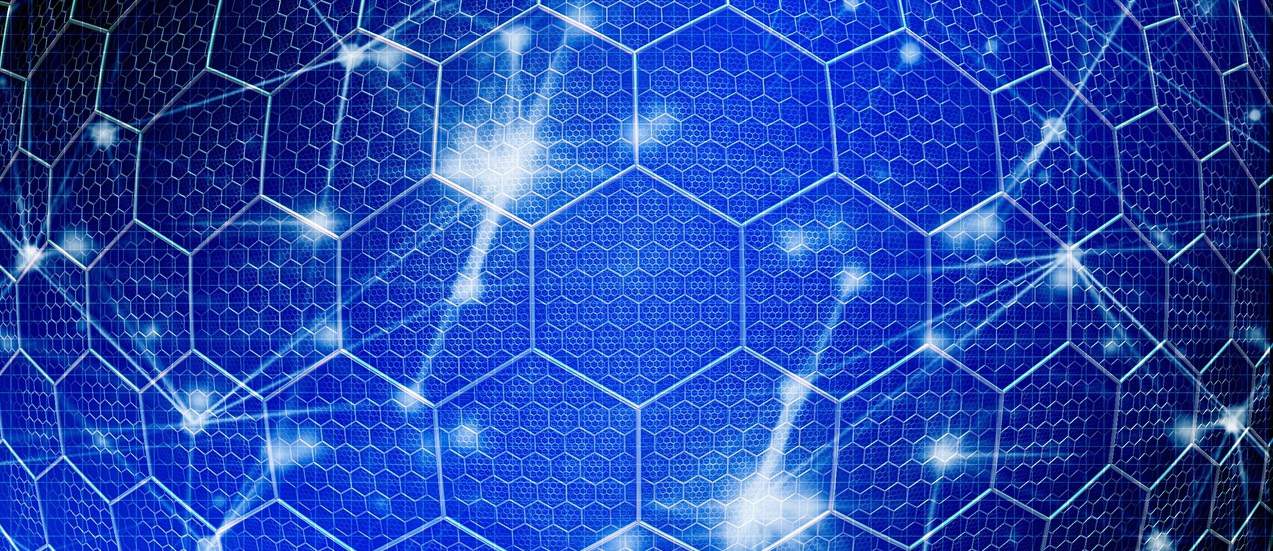The future of cybersecurity is coming at us quickly.
It’s almost impossible to be off-grid.
Virtually everything is somehow connected to the internet, from the smart fridge in your kitchen to satellites in space.
There are now more devices in the world than there are people, with billions of access points.
Technology is now a given for newer generations, yet cybersecurity can’t keep pace as it currently exists.
As our level of connectedness continues to advance, it will be AI and big data that shape cybersecurity.
Every device has a vulnerability
 All forms of technology have inherent weaknesses.
All forms of technology have inherent weaknesses.
This became incredibly apparent with the emergence of IoT.
Many new technological platforms had no security built into them, and even if defence measures existed, they were easily forgotten.
When no upgrades or future installments are made, we forget as consumers who are behind the devices in our homes and offices.
It is essential that we have the ability to retrieve updates in real-time because otherwise, the vulnerabilities are considerable.
It’s easy to assume that no one is interested in your Wi-Fi baby monitor, without realizing that hackers can patch themselves from one device in your home to another, such as a home security system.
Hackers have been successful in gaining access to major company databases, simply by accessing the air conditioning system.
Unrelated devices still function along the same networks, and the risk is very real.
There are too many security events for humans to handle
It’s not realistic to expect that every person will update every technological device as needed.
Even the most efficient IT departments struggle to handle the thousands, and sometimes billions (if you’re a powerhouse like IBM), of security events that occur daily.
Some events are minor, such as lost passwords, while others are suspicious activities indicative of a data breach.
If humans were to handle this influx alone, the backlog would greatly hinder any cybersecurity strategy.
This is where AI can augment, prioritize, and automate cybersecurity protocols.
AI can be programmed to handle low-level priority incidents, as well as send high-priority alerts to the right personnel.
AI will become a crucial component of cybersecurity as technology continues to dominate our world.
Soon, there will be no other acceptable another option.
Data is becoming decentralized
With the emergence of the blockchain, AI is even more crucial.
All transactions, all personal and professional data, cryptocurrencies, and more will be stored securely and accessed from anywhere in the world. Big data is the new technological reality, and it won’t be long until blockchain is commonplace.
With the future of cybersecurity promoting more connectedness than ever, it has become more apparent that security updates are not enough.
In fact, even AI and big data won’t be enough to mitigate risk.
The wider the technological landscape becomes; the more opportunities hackers will have.
As technology advances, it will be essential that cybersecurity is powered by hardware.
Rather than an afterthought, cybersecurity will have to be embedded into our devices to be efficient.
Otherwise, there is simply not enough human or artificial power to protect every device out there.
The ITeam understands the cybersecurity issues facing Canada businesses. We are committed to helping Calgary- and Alberta-based businesses develop proactive, cost-effective IT strategies that minimize risk and maximize efficiency. Contact us to learn more.

